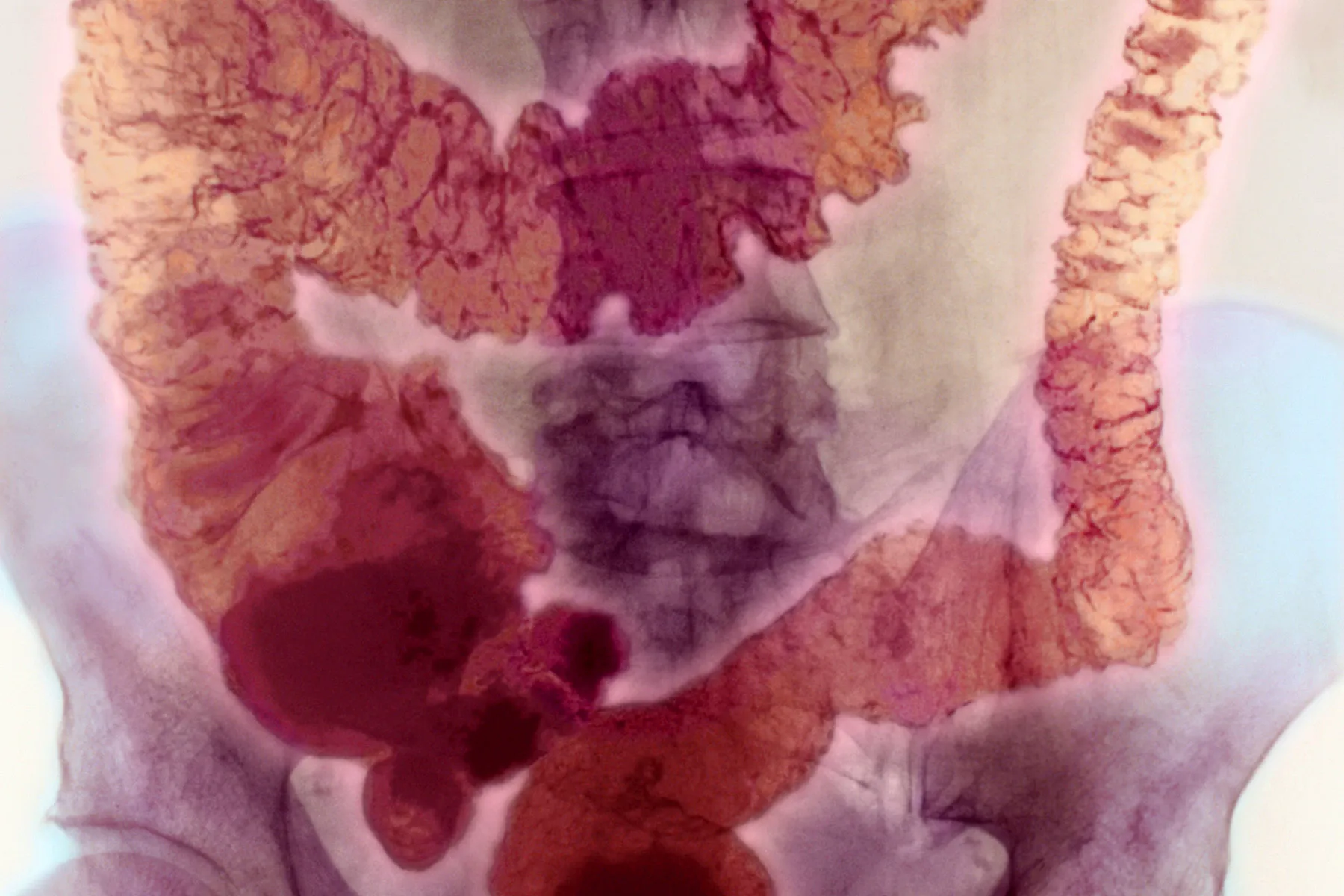Myths And Facts About Ulcerative Colitis


Question 1/10
True or false: Ulcerative colitis is one of several inflammatory bowel diseases.
- True
- False
Question 2/10
Ulcerative colitis inflammation happens in your:
- Large intestine
- Small intestine
- Entire GI tract
Question 3/10
You're at higher risk of getting ulcerative colitis if:
- You're male
- You're female
- It runs in your family
Question 4/10
You’re most likely to get ulcerative colitis between the ages of:
- 15-30
- 30-45
- 45-60
Question 5/10
Ulcerative colitis raises your risk of:
- Breast cancer
- Colon cancer
- Lymphoma
- Thyroid cancer
Question 6/10
True or false: Stress and a poor diet can cause ulcerative colitis.
- True
- False
Question 7/10
The symptoms of ulcerative colitis:
- Are constant
- Come and go
- Are usually severe
Question 8/10
Which medication can cure ulcerative colitis?
- Immunosuppresants
- Corticosteroids
- Biologics
- None of the above
Question 9/10
True or false: Ulcerative colitis can affect your eyes.
- True
- False
Question 10/10
A common complication of ulcerative colitis is:
- Farsightedness
- Bone loss
- Chronic stutter
